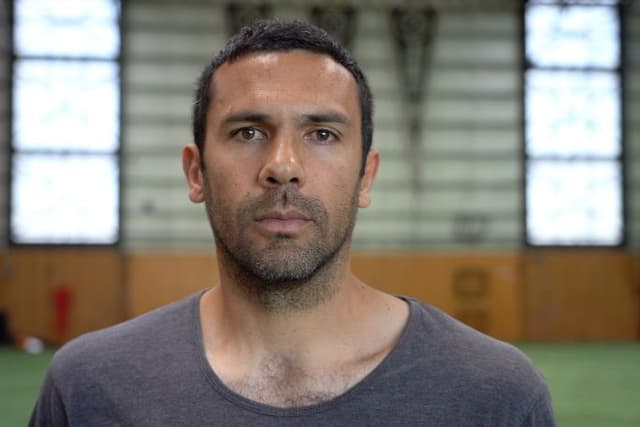Learning Intentions:
Students will...
Success Criteria:
Students can...
Lesson Guides and Printables
Lesson Details
Curriculum Mapping
Australian Curriculum content descriptions:
Years 9 & 10 Health and Physical Education:
- Evaluate the influence of respect, empathy, power and coercion on establishing and maintaining respectful relationships (AC9HP10P04)
- Evaluate emotional responses in different situations to refine strategies for managing emotions (AC9HP10P06)
- Plan, justify and critique strategies to enhance their own and others’ health, safety, relationships and wellbeing (AC9HP10P10)
Syllabus outcomes: PDHPE5.3, PDHPE5.6, PDHPE5.7, PDHPE5.8, PDHPE5.11, PDHPE5.13, PDHPE5.16
General capabilities: Literacy, Critical and Creative Thinking, Intercultural Understanding, Personal and Social Capability.
Relevant parts of Years 9 & 10 Health and Physical Education achievement standards: Students propose and evaluate personal strategies to manage their identities, emotions and responses to change. They evaluate how attitudes and beliefs about equality, respect, diversity and inclusion influence the nature and quality of relationships. Students propose and justify strategies to manage online and offline situations where their own or others’ health, safety, relationships or wellbeing may be at risk.
Level of teacher scaffolding: High – this lesson contains sensitive topics and teachers will need to be alert to the needs of students and the content of discussions, and ensure that students feel safe and that intended and unintended effects of racism are not perpetrated during the lesson
Resources Required
- Access to an open space
- Butchers paper
- Device capable of presenting a video to the class
- Lined paper or a small journal for each student
- Lived Experience Conversation Card
- Markers
- Student Worksheet – one per student
Skills
- Communication
- Collaboration
- Critical Thinking
- Empathy
- Global Citizenship
- Social Skills

